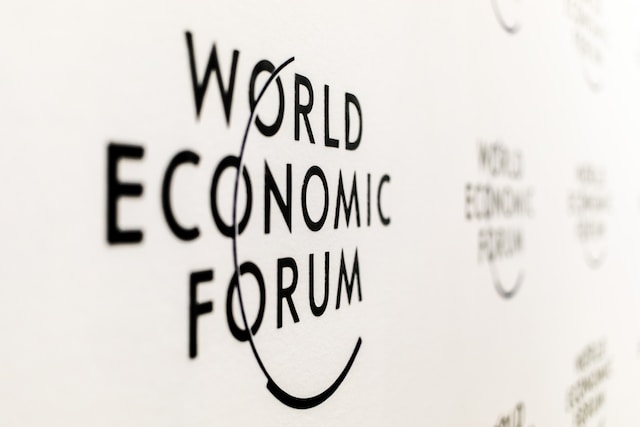 AI
AI
 AI
AI
 AI
AI
The World Economic Forum has put AI-powered misinformation and disinformation ahead of climate change, war and economic weakness in its “Global Risks Report 2024” released today.
Over 60 countries home to half the planet’s population will hold national elections in 2024, with pundits saying this is the year that democracy on our planet will be tested like never before. In what’s being hailed as the biggest global election year in history, one of the major threats will be misinformation and disinformation, something that may well be driven by the recent boom in generative artificial intelligence.
The report, which was created after interviewing almost 1,500 global experts from academia, business, government, the international community and civil society, ranks misinformation and disinformation as the biggest threat over the next two years. Other short-term risks, in order, were extreme weather, societal polarization, cybersecurity and interstate armed conflict. Over 10 years, misinformation slips down to fifth place, overtaken by mainly environmental concerns.
“Misinformation and disinformation may radically disrupt electoral processes in several economies over the next two years,” the WEF wrote on its website. “A growing distrust of information, as well as media and governments as sources, will deepen polarized views – a vicious cycle that could trigger civil unrest and possibly confrontation.”
The report also noted the double-edged sword effect, in which rights of expression and speech will come under attack as governments attempt to crack down on the tsunami of untruth that may wash over the world, yet inaction, says the WEF, comes with its own risks.
Companies at the forefront of developing generative AI are well aware that their products may be used to propagate misinformation, which is why the leaders of the AI space have been developing guardrails so it won’t happen or at least not to excess. Google LLC recently reported it would restrict its AI from responding to election-related queries, while a lot has been said about AI ethics in general.
Even so, the WEF says, “the speed and effectiveness of regulation is unlikely to match the pace of development.” What it calls “synthetic content” will “manipulate individuals, damage economies, and fracture societies in numerous ways over the next two years.”
The report added that this could lead to violence. It may affect the outcome of elections while further polarizing people, and on top of all that, the very nature of “truth” could become “increasingly contentious across societies.”
Support our open free content by sharing and engaging with our content and community.
Where Technology Leaders Connect, Share Intelligence & Create Opportunities
SiliconANGLE Media is a recognized leader in digital media innovation serving innovative audiences and brands, bringing together cutting-edge technology, influential content, strategic insights and real-time audience engagement. As the parent company of SiliconANGLE, theCUBE Network, theCUBE Research, CUBE365, theCUBE AI and theCUBE SuperStudios — such as those established in Silicon Valley and the New York Stock Exchange (NYSE) — SiliconANGLE Media operates at the intersection of media, technology, and AI. .
Founded by tech visionaries John Furrier and Dave Vellante, SiliconANGLE Media has built a powerful ecosystem of industry-leading digital media brands, with a reach of 15+ million elite tech professionals. The company’s new, proprietary theCUBE AI Video cloud is breaking ground in audience interaction, leveraging theCUBEai.com neural network to help technology companies make data-driven decisions and stay at the forefront of industry conversations.